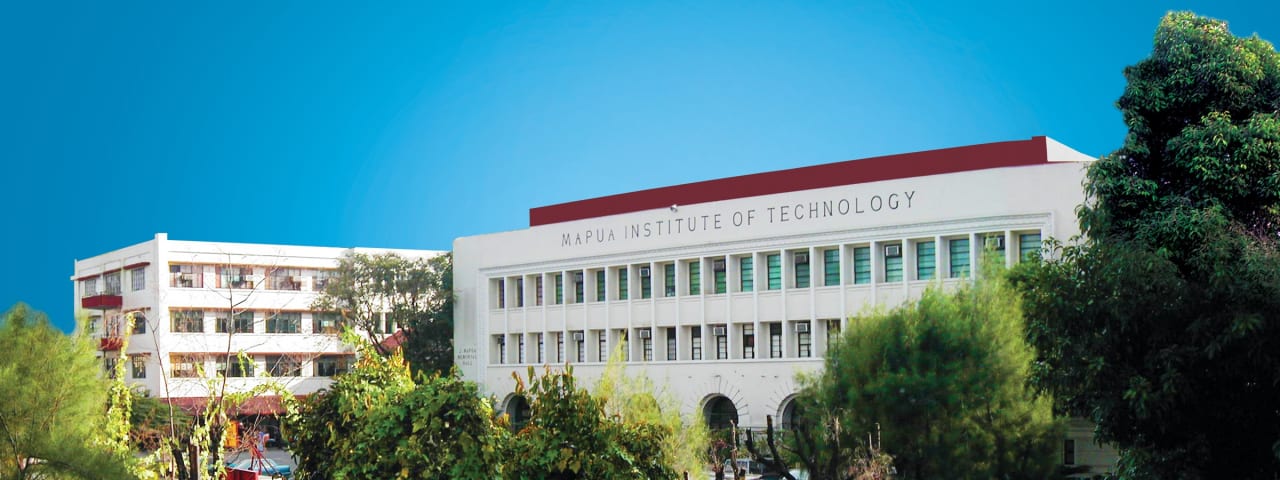
Bachelor of Science in Manufacturing Engineering
Mapúa Institute of Technology

Key Information
Campus location
Languages
English
Study format
On-Campus
Duration
Request info
Pace
Full time
Tuition fees
Request info
Application deadline
Request info
Earliest start date
Request info
Scholarships
Explore scholarship opportunities to help fund your studies
Introduction
This program is designed to prepare students to practice as engineers who are experts in the production process, from design through manufacturing. It is concerned with the application of basic scientific and engineering knowledge to the development, manufacture, and distribution of products of all types. It also covers areas as diverse as the design and operation of factories, the economic analysis of projects, computer simulation of manufacturing systems, the use of robots in manufacturing, the design of materials handling systems, and the design of systems for controlling production.
Graduates of this program have a good preparation for career options in numerous industries such as electronics, energy, food processing, and manufacturing. Possible positions in companies include design engineer, manufacturing engineer/manager, process engineer/manager, and more. Graduates are also well prepared for a successful graduate study.
Mission
To attain its vision, the school commits to:
- Develop excellent academic programs that respond to the rapidly changing needs of both the local and global communities.
- Conduct relevant and cutting-edge research and development projects in various fields of mechanical engineering that have an immediate impact on society.
- Undertake community extension projects that uplift the living conditions of the marginalized and preserve the environment.
- Produce graduates who are technically competent and imbued with Mapúa's core values of discipline, excellence, commitment, integrity, and relevance.
PROGRAM EDUCATION OBJECTIVES
Within the five years after graduation, the graduates of the Manufacturing Engineering program shall have:
- Undertaken, singly or in teams, projects that show the ability to solve complex engineering problems
- Had substantial involvement in projects that take into consideration safety, health, environmental concerns, and the public welfare, partly through adherence to required codes and laws
- Demonstrated professional success via promotions and/or positions of increasing responsibility.
- Demonstrated life-long learning via progress toward completion of an advanced degree, professional development/continuing education courses, or industrial training courses
- Exhibited professional behavior and attitude in engineering practice
- Initiated and implemented actions toward the improvement of engineering practice